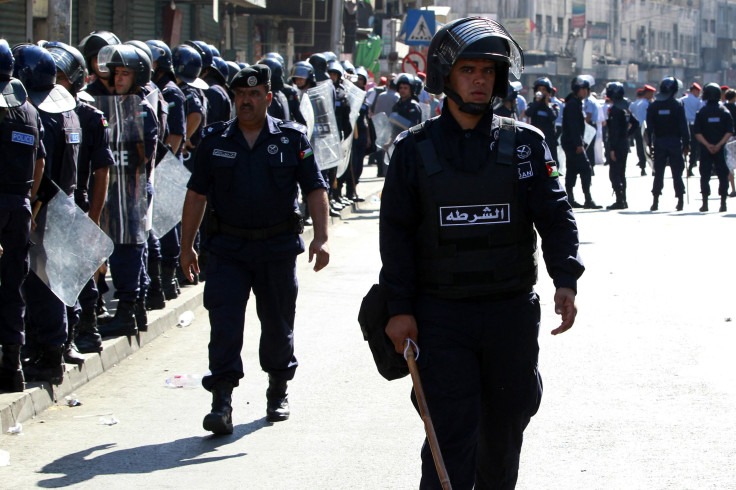Update: Jordan's King Appoints New Cabinet, No Signs Of Jordanian 'Arab Spring' Yet

Jordan’s King Abdullah II picked his new cabinet on Friday, a week after the parliament was dissolved, sparking anti-Abdullah protests in Amman.
The protests, which have been happening on and off since January 2011 and have remained mostly peaceful, are pushing for political and economic reforms. Abdullah has done plenty of interviews in which he made vague reform-related promises, but this time there were fears and predictions of clashes, and the beginning of a Jordanian 'Arab Spring'.
But all seems well, so far, even if the main opposition party has said that they are boycotting the upcoming elections, effectively guaranteeing no major reforms will happen.
The new Prime Minister, Abdullah Ensour, was described by Reuters as a “reformist,” and said that the “main challenge” he faced to restore public confidence in the government would be “holding free and fair elections.”
“We are looking forward to a new parliament that will pave the way for the transformation toward parliamentary governments,” the king wrote to Ensour, Lebanon’s Daily Star reported.
The opposition was not so sanguine.
"We are not optimistic about the composition of the government. It gives us more reasons not [to] take part in the upcoming elections," Zaki Bani Rsheid, deputy leader of the Muslim Brotherhood, told AFP.
The new elections will take place under the newly reformed constitution, which greatly curbed the monarchy's powers, the Daily Star said. This does not preclude at least some crackdown by the government, the Sydney Morning Herald wrote, on media sites and possible arrests of protestors and opposition leaders who speak out against the king.
Activists say the king has not done enough to guarantee true reform, the Herald said, and Palestinian-Jordanians, who comprise 50 percent of the population, say they are severely unde-represented in the parliament. Besides under-representation, one of the biggest complaints the protestors have is with entrenched political corruption at a time when the gap between the rich and the poor in Jordan is growing ever starker.
''The rich have siphoned [off] a lot of money and chaperoned rampant corruption, they became quite visible to everybody and yet nobody could touch them because they also had their hands firmly on the keys of political power,” Labib Kamhawi, a member of the executive committee of the National Front for Reform, told the Herald.
A spokesman for the Muslim Brotherhood also told the Herald that instead of actually reforming anything the King is “scaring people away from protests.”
However, no one in Jordan wants to topple the king, basically the only guarantor of stability in a land of tribal grudge-matches, the Daily Star pointed out. So while the new government may have to act fast to snuff out slow-burning frustration many Jordanians feel, the likelihood of a Hosni Mubarak- or Moammar Gadhafi-style revolution remains small, particularly if the Saudis have anything to say about it.
“'The Saudis know that if significant reform is forced on Jordan as a monarchy, it could open the road for the monarchies of the Gulf and make them vulnerable,” said Jordanian blogger Amer al-Sabaileh, to the Herald.
© Copyright IBTimes 2025. All rights reserved.






















